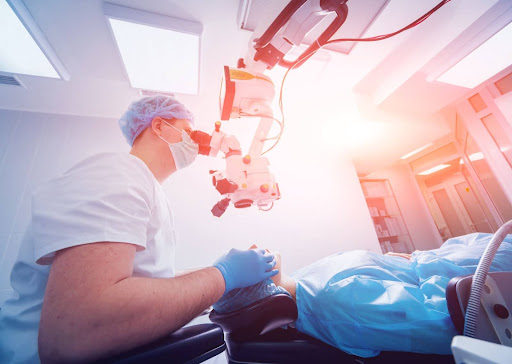Although research suggests that youngsters’s eating behaviors are developed even before they enter the class – kids as young as 2 might already have dietary preferences based on their moms and dads’ food options – health education can play an essential duty in aiding develop long-lasting healthy and balanced patterns early.
Research study reveals that health education has a positive impact on health habits in addition to scholastic accomplishment, and that the most efficient ways of enhancing health proficiency is making sure that health education is included in educational program in any way degrees of education and learning.
U.S. colleges inform 54 million pupils daily, as well as can give not only an electrical outlet to promote healthy and balanced habits for children as well as adolescents, but a location for them to engage in these behaviors, including eating healthy and balanced as well as participating in physical activity.
The united state remains in great demand of an improvement in health proficiency. In a 2007 UNICEF research, our country ranked last out of 21 industrialized countries in total child health and wellness. About one in five of our high school pupils are smokers, 80 percent of trainees do not consume the advised 5 portions of vegetables as well as fruits per day, and also greater than 830,000 teens conceive each year. Around two thirds of the American population is approximated to be obese or obese.
Furthermore, our understandings of health and also health-related behaviors are usually highly affected by the media as well as media photos – which can lead to inaccurate presumptions as well as unfavorable health behaviors as well as perspectives.
The relevance of media proficiency as relates to health education.
Self-worth patterns also create in early youth, although they change as youngsters get new experiences and also understandings. Because media messages can influence unhealthy behaviors, especially in adolescents, an extensive health education program should include not only health knowledge, yet media literacy as it associates with mental and physical health behaviors as well.
” To a large degree, our photos of just how to be comes from the media. They are [a] critical shaper of the young lives we are striving to direct,” composes resource educator Neil Andersen, editor of Mediacy, the Organization for Media Literacy newsletter.
Media understanding, Andersen describes, can assist instruct pupils methods to respond to advertising programs that prey on their instabilities to advertise negative actions, can explode stereotypes as well as misunderstandings, can assist in favorable perspectives as well as can aid students find out exactly how to take in as well as doubt media-conveyed info.
Due to the fact that our assumptions of ourselves as well as others develop early, and also since we stay in such a media-inundated globe, it is essential that we deal with the problems intrinsic in media values versus our own worths with our children and teens initially, in a factual, positive, and coherent means.
An extensive (age-appropriate) health program would certainly for that reason show about these numerous concerns at various phases of growth. Pre-adolescence and also teenage years are especially significant phases in an individual’s growth for uncovering themselves and their place worldwide, and also it is throughout this vital time that media proficiency is definitely vital to a prominent as well as positive health program. Issues have to be attended to that impact favorable health behavior and attitudes, specifically in teen girls.



